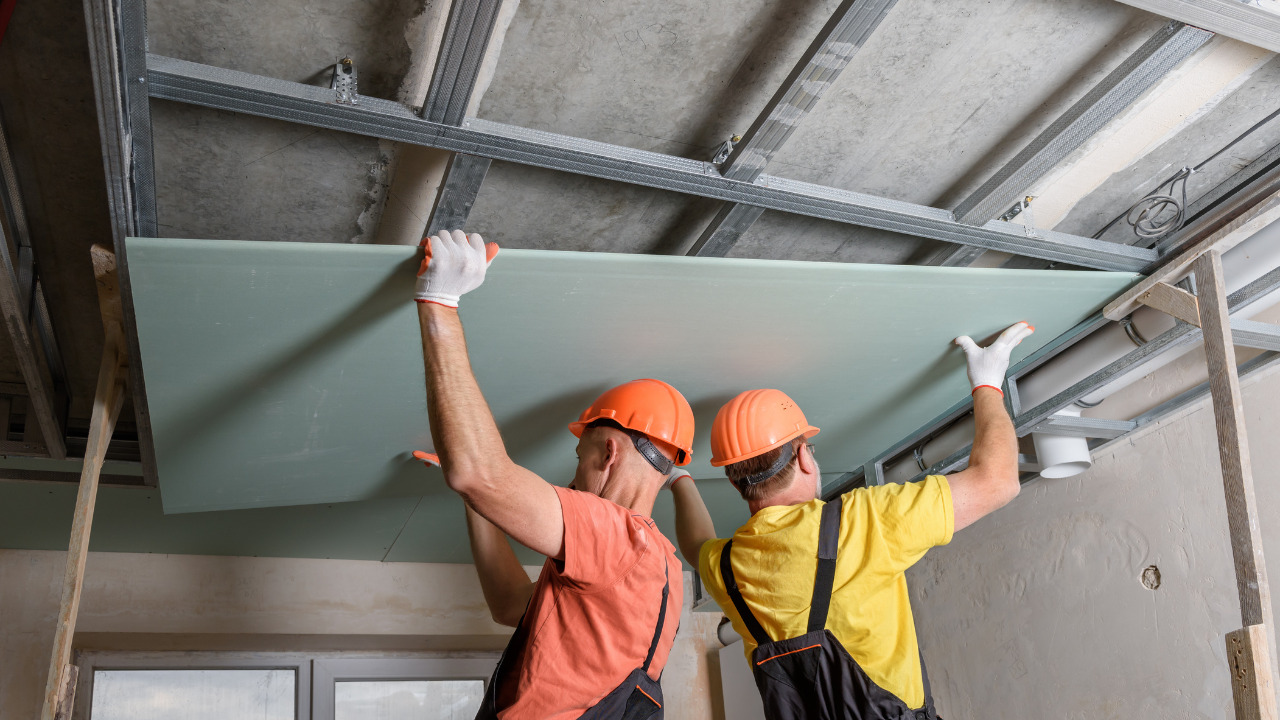In the bustling metropolis of Dallas, where towering skyscrapers and expansive commercial complexes define the cityscape, the demolition industry plays a pivotal role in shaping its ever-evolving skyline.
Behind the scenes of these transformative projects lies a crucial priority: the safety and well-being of the workers tasked with carrying out the demolition process. As we journey through the intricacies of demolition safety in Dallas, our aim is to inform and inspire.
Whether you’re a seasoned professional in the demolition industry, a concerned community member, or simply curious about the processes that shape our urban landscape, this blog will shed more light. Demolition, by its nature, presents inherent risks and hazards that demand meticulous attention and proactive measures to mitigate.
From towering structures to intricate industrial sites, each demolition project in Dallas presents unique challenges that require a steadfast commitment to prioritizing worker protection and implementing robust risk management strategies.
Prioritizing worker protection in the demolition process is paramount for several crucial reasons:
Table of Contents
Humanitarian Imperative
The foremost reason for prioritizing worker protection is the moral and ethical responsibility to ensure the safety and well-being of individuals employed in a commercial demolition company in Dallas. Workers can return home safely to their families after each workday. Prioritizing worker protection acknowledges and respects this fundamental human right, emphasizing the value of every individual’s life and health.
Legal and Regulatory Compliance
Adhering to safety regulations and standards is not just good practice; it’s a legal requirement. In Dallas, as in most jurisdictions, there are stringent regulations established by organizations such as the Occupational Safety and Health Administration (OSHA) that govern safety protocols in the workplace. Prioritizing worker protection ensures compliance with these regulations, reducing the risk of legal liabilities, fines, or penalties for non-compliance.
Risk Mitigation
Demolition involves various risks and hazards, including structural collapses, exposure to hazardous materials, falls, and equipment-related accidents. Prioritizing worker protection involves identifying and assessing these risks and implementing measures to mitigate them. The likelihood of accidents and injuries is significantly reduced by proactively managing risks, such as conducting thorough site assessments, providing adequate safety training, and utilizing appropriate personal protective equipment (PPE).
Maintaining Productivity and Efficiency
Ensuring worker safety isn’t just about meeting regulatory requirements or avoiding accidents; it’s also about maintaining productivity and efficiency on the job site. When workers feel safe and supported, they are more likely to perform their tasks effectively and efficiently. Conversely, a lack of emphasis on worker protection can lead to decreased morale, increased absenteeism, and lower productivity, ultimately impacting project timelines and costs.
Protecting Reputation and Building Trust
A strong commitment to worker protection enhances the reputation of a demolition company and fosters trust among clients, employees, and the community at large. Clients are more likely to entrust their projects to companies prioritizing safety, knowing their interests and investments are safeguarded. Likewise, employees are more likely to remain loyal to companies prioritizing their well-being, fostering a positive work culture built on trust and mutual respect.
In summary, prioritizing worker protection in the demolition industry is a moral imperative, legal obligation, and strategic necessity. By investing in safety measures and fostering a safety culture, companies can protect their most valuable asset—their workforce—while enhancing community productivity, reputation, and trust.





